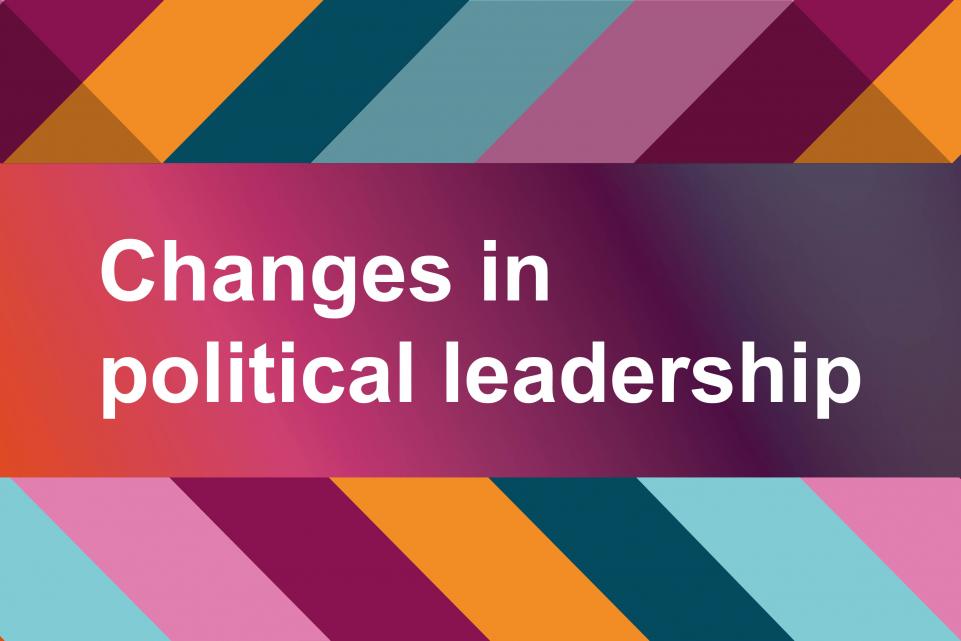This guidance covers the long-term areas to consider post-election for officers.
After the immediate post-election period there are a few final points to consider for the longer term success of any changes in political leadership.
- Build trust: you are likely to spend more time supporting your politicians in the early days of a new leader or administration, so ensure that as time goes on that you have still have regular meetings and are available for any challenges or issues that might occur. Building and maintaining trust will be key.
- Keep talking: maintain close relationships with all the group leaders and communicate effectively with councillors, senior officers and partners to share key information.
- Consider away days or strategy seminars with the cabinet and senior team to build relationships and clarify priorities: think about whether an external facilitator could help. Where parties have formed a joint administration don’t assume they will automatically work together well – they may need some support to explore and find common ground.
- Ensure new or inexperienced cabinet members are offered support, mentoring or training: include this as part of your support / development offer. You can contact your Principal Adviser for more information on how the LGA can support this.
- Ensure you remain impartial and objective: keep meeting with all group leaders and not just the council leader. You may want to arrange regular one-to-ones to brief them on key issues, along with meetings for all the group leaders where tensions can be aired and common ground identified. Make sure your senior officers are giving all the groups access to the same advice, information and guidance.
- All member briefings: invite all members to attend briefings on key issues and initiatives so there is a shared understanding.
- Notice what is working and what is not working: be aware of what seems to be going well and where tensions are rising. Ensure your senior team do the same. Respond in a very sensitive way. Tell them you can offer advice or provide external support on how to work as a group, formulate policy and make decisions if they need it.
- Remember the opposition parties: it is important that you spend time talking to and briefing all the groups. Sometimes the largest group may not have a role in the administration. Maintain a good relationship with all groups and act as a conduit between them if necessary, helping them to find a middle ground. If appropriate you may want to look for opportunities for the opposition to be involved and suggest these to the political leadership.
- Regularly review how things are working: particularly in terms of how effectively senior officers, group leaders and yourself are communicating with each other. Are the current systems working well or is there a need to modify them? Is the cycle of meetings working and does everyone feel they are being heard? If applicable, is a need emerging for a formal, written agreement between the partners in the administration?
- Do not assume that things are set in stone: anticipate further change – the political landscape may have settled down for now but do not assume the administration will remain the same until the next election.


